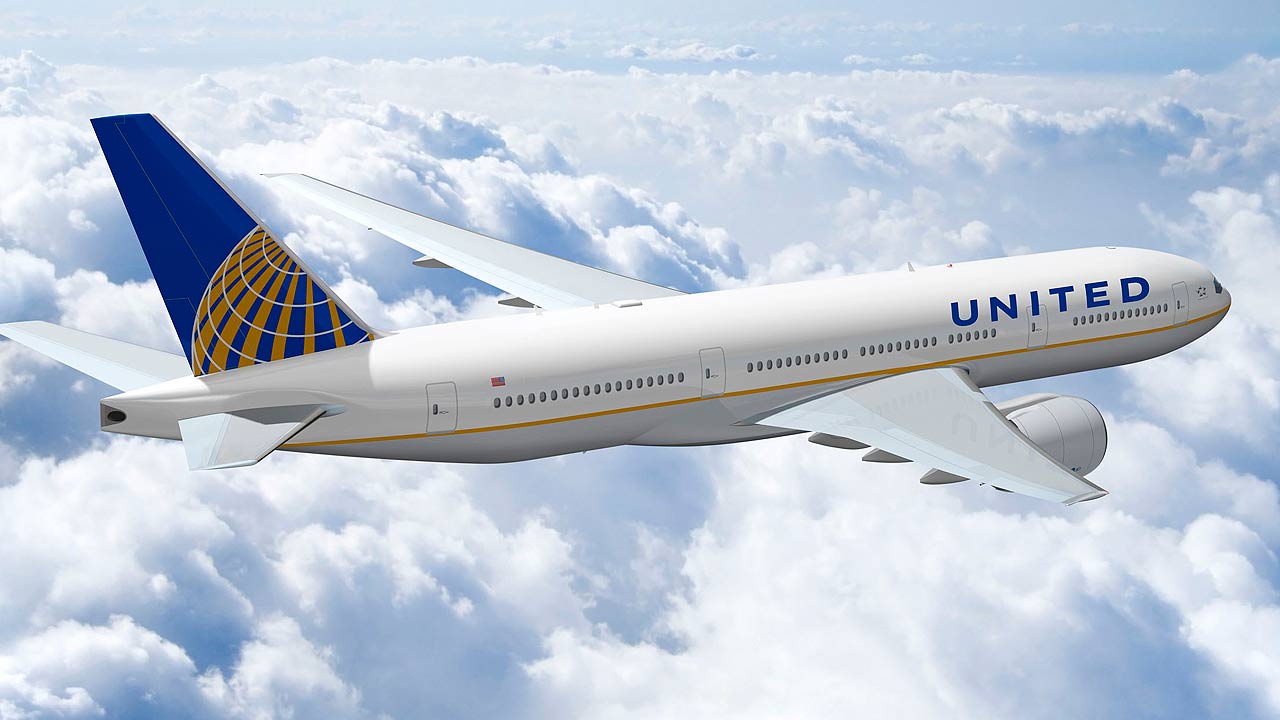United changing how travelers earn mileage rewards


DALLAS, TX -- United Airlines is about to reward its big-spending customers at the expense of bargain-hunting travelers who rack up miles with long-distance getaways.
United will follow other U.S. airlines that have begun basing awards on money spent, not miles flown. The changes would mostly benefit people who fly at least 25,000 miles a year on United.
Starting next March, elite members of United's MileagePlus will earn between 7 and 11 miles for every dollar they spend on tickets, not counting taxes. Regular members - those who fly less than 25,000 miles and spend less than $2,500 a year - will get 5 miles per dollar toward free travel.
Since 1981, when American Airlines rolled out the industry's first big loyalty program, travelers were rewarded for the number of miles they flew regardless of how much they paid for tickets.
In the last few years, however, Virgin America, JetBlue and Southwest Airlines retooled their programs to favor passengers who spend the most. In February, Delta Air Lines announced that it would do the same starting in 2015.
American Airlines and US Airways have yet to follow suit and say they remain focused on completing a merger between the two carriers.
The shift is part of a larger strategy by airlines to lure big spenders, especially business travelers who buy expensive, fully refundable tickets, sometimes in the first- or business-class cabin.
"These changes are designed to more directly recognize the value of our members when they fly United," said Thomas O'Toole, president of the airline's MileagePlus program.
Leisure travelers who fly United once or twice a year may not be greatly affected, said Brian Karimzad, director of the MileCards.com website. Many of those customers earn most of their miles on the ground - chiefly by using the airline's credit card, he said.
Even among United's corporate travelers, the changes will benefit some more than others.
"The big losers are people who work for companies that require them to always take the lowest coach fare, even across the Atlantic Ocean," Karimzad said. "That's a lot of companies."
Brian Kelly, founder of travel website ThePointsGuy.com, said the shift toward spending-based programs poses a problem for companies that closely control travel costs.
"For employees who book their own travel, it encourages them to book more expensive trips," Kelly said. "I could see where people would delay buying a ticket until they are inside that 14-day window" before departure, when ticket prices typically rise.
While basic United MileagePlus members will earn 5 miles per dollar, awards for top fliers will depend on their status level. For each dollar, they will earn:
- 7 miles for "silver" memberspassengers (25,000 miles and $2,500 in spending the previous year).
- 8 miles for "gold" status (50,000 miles and $5,000).
- 9 miles for "platinum" (75,000 and $7,500).
- 11 miles for "1K" passengers (100,000 and $10,000).
United did not alter the miles needed to attain elite status, nor did it change the number of miles needed to earn a free flight. It tweaked redemption rates in November, raising the mileage price for many international trips in first- and business-class.
Economy-class round trips usually cost 25,000 to 50,000 miles for U.S. flights; 60,000 to 130,000 miles between the U.S. and Europe; and up to 170,000 miles to fly from the U.S. to the Middle East, India, Pakistan, Australia or New Zealand and back. More miles are needed for first- or business-class.
United said that passengers will earn miles for every dollar they spend on base fares other surcharges. Money spent on bag fees and other amenities and taxes will not count.
The changes will apply to most tickets for United and United Express flights and tickets that United sells on partner airlines. There will be a maximum of 75,000 miles earned per ticket.
United said that it would give members new ways to redeem miles. Beginning next year, they will be able to cash in miles to cover economy-class seats with more legroom and bag-checking fees.






